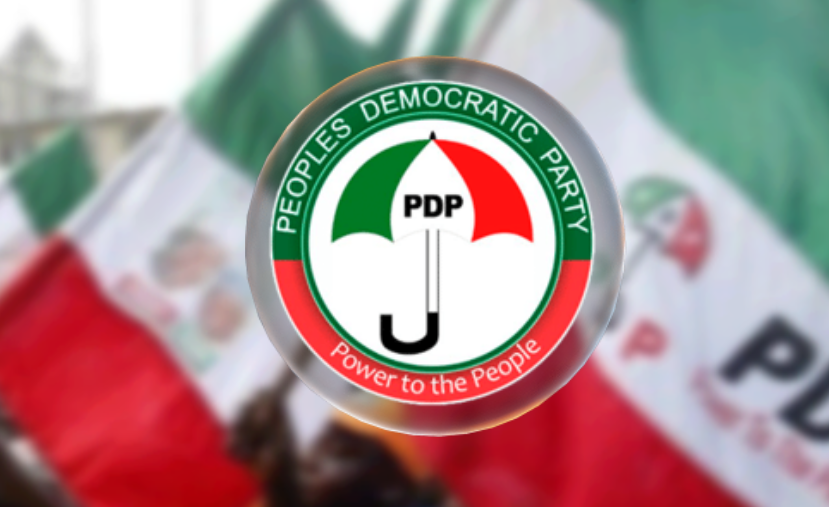Background of the Controversy
In recent political developments, the Peoples Democratic Party (PDP) has been at the center of discussions regarding the participation of Nyesom Wike, the current Minister of the Federal Capital Territory Administration (FCTA), in the National Caucus meeting. This meeting was particularly significant as it preceded the National Executive Committee meeting of the party, which plays a critical role in shaping the party’s strategies and policies.
Senator Moro’s Explanation
Senator Comrade Abba Patrick Moro, the Senate Minority Leader from Benue South and a prominent figure within the PDP, provided insights into the reasons behind allowing Wike to attend the caucus meeting. Addressing the media and party members, Senator Moro emphasized that Nyesom Wike, as a former governor and an active party member, retains the right to participate in such meetings unless formally restricted by the party.
Legal and Ethical Considerations
The rationale behind this decision is rooted in the principles of fairness and legality. According to Senator Moro, there has been no formal finding of guilt against Wike regarding any criminal activities or breaches of party discipline that would necessitate his exclusion from the caucus meeting. The PDP’s constitution clearly stipulates the conditions and rights of its members, ensuring that actions such as exclusions or sanctions are grounded in concrete evidence and formal procedures.
The Role of the Disciplinary Committee
The party’s disciplinary committee, led by former Senate President Senator Bukola Saraki, is tasked with investigating allegations of anti-party activities. Wike has expressed that should the committee find him guilty and impose sanctions, he would cease attending the party meetings as required. This ongoing investigation highlights the party’s commitment to due process and internal democracy.
Implications for Party Leadership
The survival of Ambassador Umar Iliya Damagum as the Acting National Chairman of the PDP has been viewed by some as a political maneuver influenced by Wike’s faction within the party. However, Senator Moro refuted such claims, stating that the decision to retain Damagum was not about individual victories or defeats but was unanimously agreed upon by key stakeholders, aiming to stabilize and strengthen the party’s leadership.
Broader Political Dynamics

In his statement, Senator Moro also addressed the broader implications of internal party dynamics on national politics. He stressed that the activities within the PDP should not be overly personalized or attributed solely to figures like Wike and Atiku Abubakar, the party’s presidential candidate in the 2023 elections. Instead, these dynamics should be understood as part of the broader existential challenges and strategic decisions facing the party.
The Path Forward
Looking ahead, the PDP aims to reinforce its role as a formidable opposition platform capable of addressing the concerns of Nigerians disillusioned by the current administration’s policies. The resuscitation of the Reconciliation and Disciplinary Committee is a step towards achieving this by ensuring accountability and unity within the party ranks. This committee is expected to play a crucial role in identifying and addressing instances of anti-party activities, thereby setting precedents for future conduct among party members.
Conclusion
The decision to allow Nyesom Wike to participate in the National Caucus meeting underscores the PDP’s adherence to legal frameworks and its commitment to inclusivity and procedural fairness. As the party navigates through these complex internal dynamics, the leadership’s ability to maintain coherence and unity will be pivotal in its efforts to present a credible alternative to the ruling party. The ongoing developments within the PDP reflect the intricate interplay of personal ambitions, legal considerations, and the collective goal of party success and national governance improvement.



